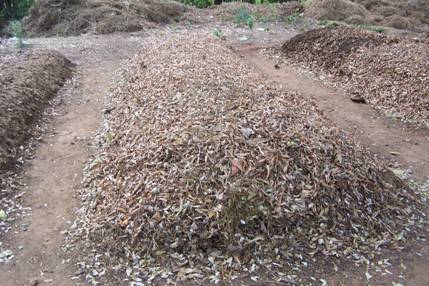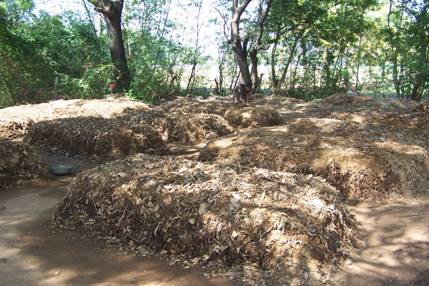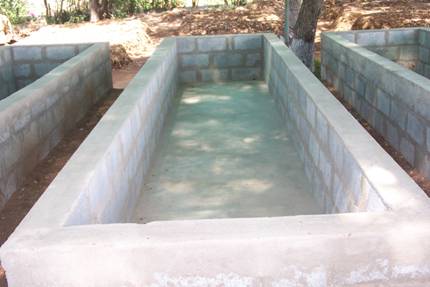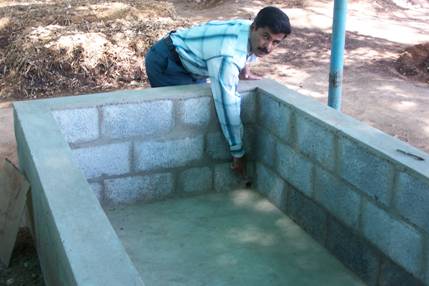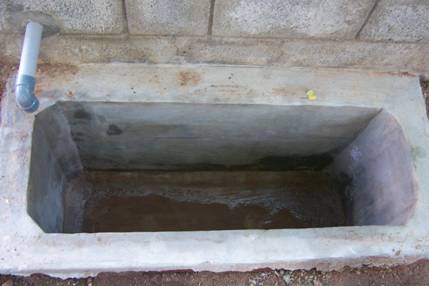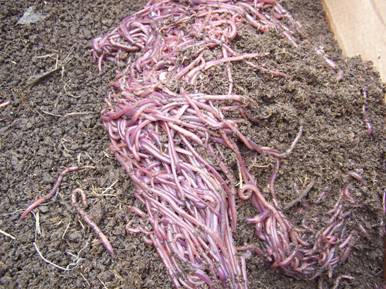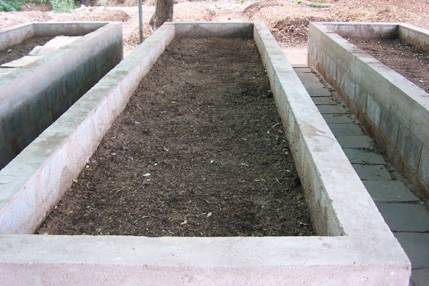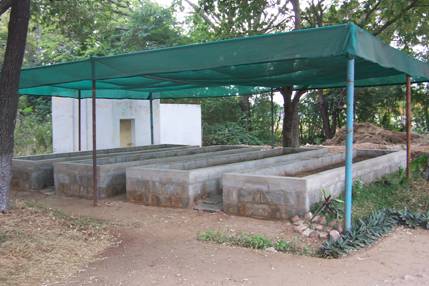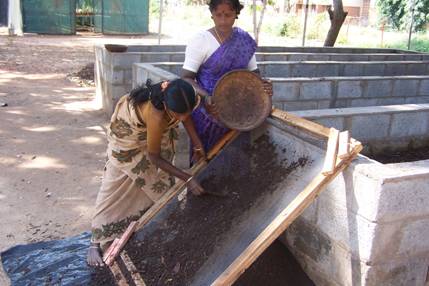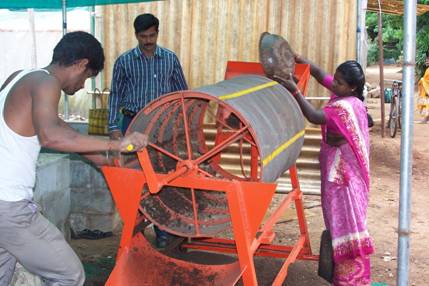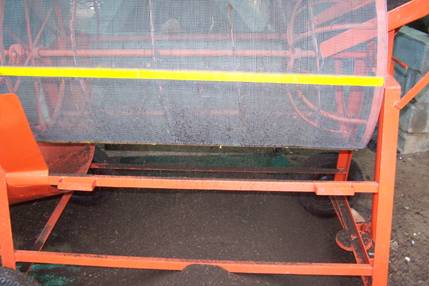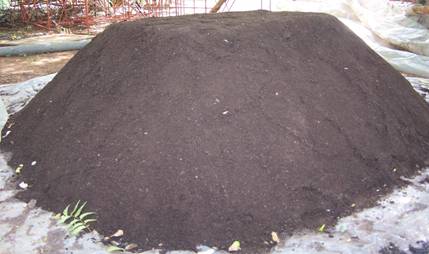 |
|||||||||||||||||||||||||||||||||||||||||||||||
| Organic Farming :: Organic Inputs and Techniques | |||||||||||||||||||||||||||||||||||||||||||||||
Recycling of Farm Waste Recycle of garden wastes Scope It has been estimated that organic resources available in the country alone can produce not less than 20 million tonnes of plant nutrients (NPK). Vermicompost technology has promising potential to meet the organic manure requirement in both irrigated and rainfed areas. It has tremendous prospects in converting agro-wastes and city garbage into valuable agricultural input. Thus various economic uses can be obtained from organic wastes and garbage and prevent pollution. From vermiculture, we get well decomposed worm casts, which can be used as manure for crops, vegetables, flowers, gardens, etc. In this process, earthworms also get multiplied and the excess worms can be converted into vermiprotein which can be utilised as feed for poultry, fish, etc. Vermi-wash can also be used as spray on crops Feed ingredients Cow dung and agro wastes in the ratio of 1:1 to 1:3 may be mixed and allowed to predecompose for about 2 weeks in a separate tank adjacent to the vermicompost tank, before being fed to the earthworms.
Process Ideal tank size for small scale vermicompost production is 10’ x 6’ x 2.5’ (150 cu .ft.)
Create adequate no. of holes (about 8 holes of 5 cm. diameter at the bottom) to facilitate drainage of excess water
Bedding comprise of broken bricks, stone pieces, saw dust, sand and soil
Release earthworms in this bedding
Pour the feed mix over this bedding of earthworms of about 15 to 20 cm thick
Pre decomposed material need not be added in layers but its depth should not be more than 1.5 to 2 feet
Tank is covered with thatched roof to maintain the moisture of the tank feed (40% moisture should be maintained)
Under sub optimal moisture conditions the earthworms have a tendency to move downwards towards the bed of the tank. When the moisture, temperature and organic matter are optimum, the size, weight and cocoon producing capacity of earthworm’s increases. Conversion: One kilogram of worms numbering about 600 to 1000 can convert 25 to 45 kg. of wet waste per week. The compost recovery would be around 25 kg per week under well managed conditions. Harvest The total decomposition may take about 75 – 100 days depending on various factors. Therefore one tank may be used to 4 to 5 times in a year for vermicompost. A few days before the harvest watering of the tank are discontinued to allow migration of worms towards the bottom of the bed. The compost is then transferred outside without disturbing the bed and heaped on a plain open surface. The compost is sieved through a 3 mm mesh and then packed in gunnies. Conventional sieve
About 1700 kg of compost can be obtained from each cycle. While sieving the unhatched cocoons can also be retrieved. The excess worms can be retrieved and put in new tanks or sold or can be sun-dried to make vermin-protein. The cost of vermin-protein can be taken @ Rs. 5/kg. The compost should be sun-dried and then bagged for sale / use.
Methods of waste treatment by Earthworms
The second method is easy and is widely practiced in our country. Total land required for construction of 4 tanks = 900 sq. ft. (30’ x 30’)
Earth worms – 25 kg for 4 tanks @ Rs. 300 /kg (Euginea utilis) - Rs. 7500.00 Source Professor and Head |
|||||||||||||||||||||||||||||||||||||||||||||||
© TNAU 2008-2024 All Rights Reserved. |
